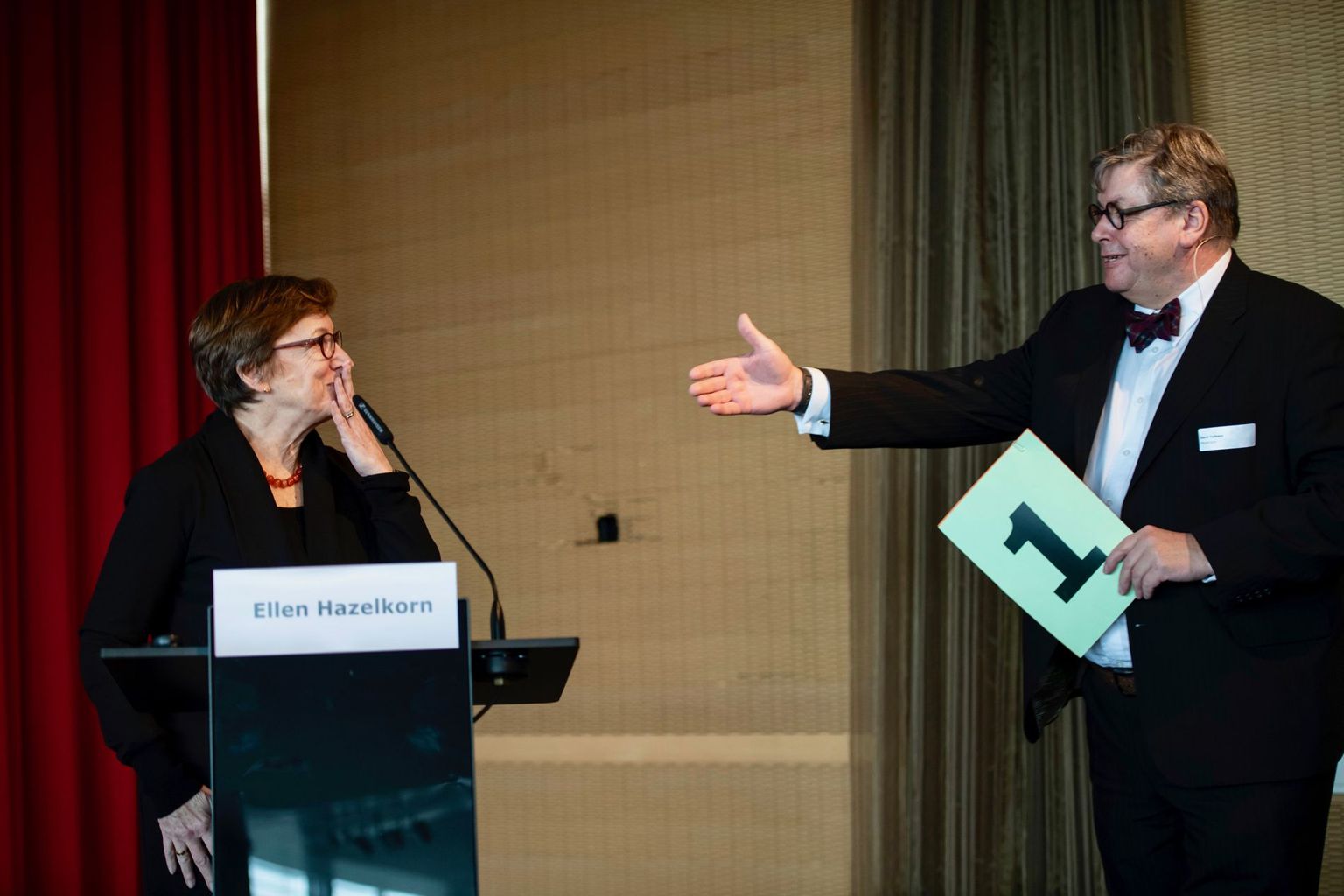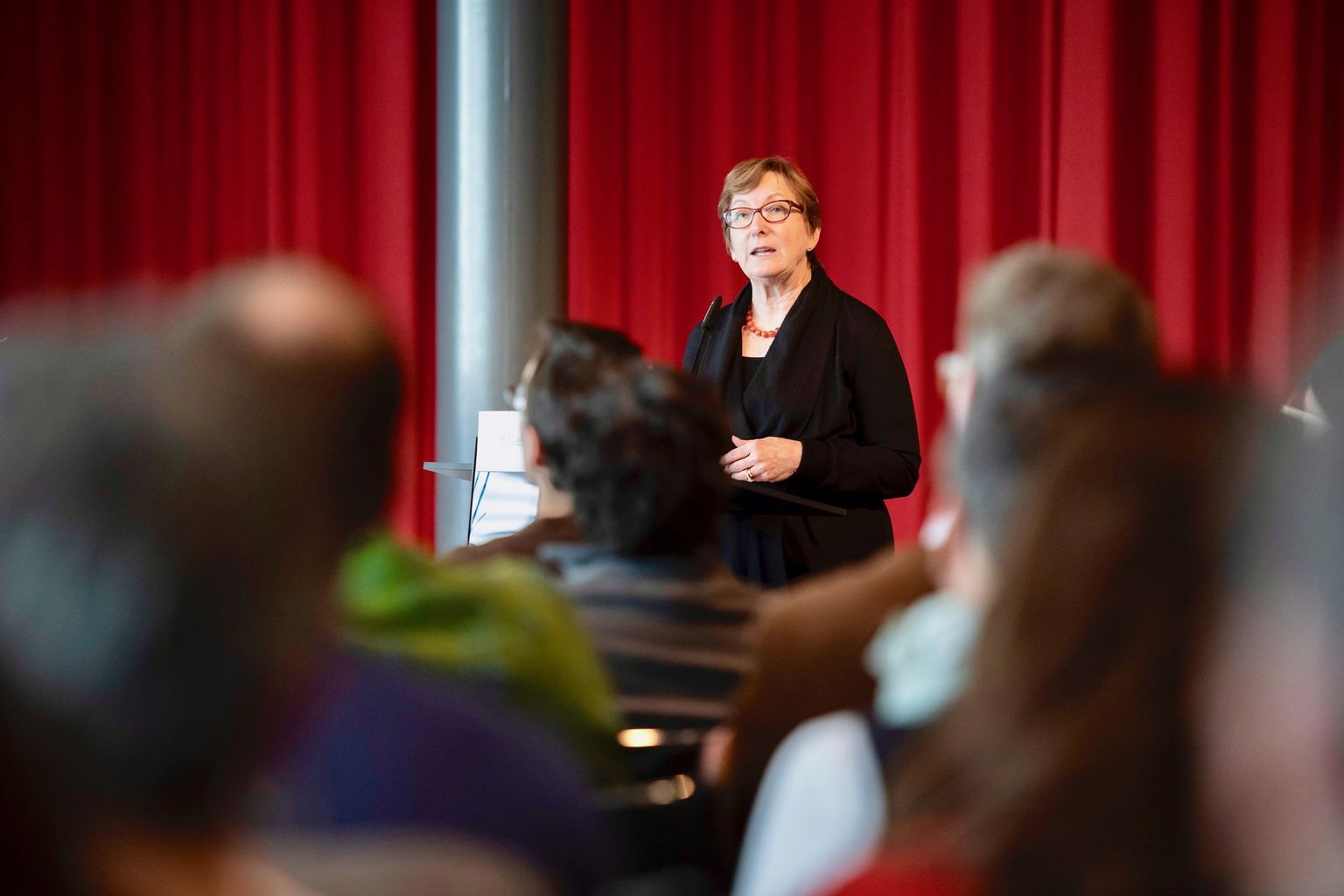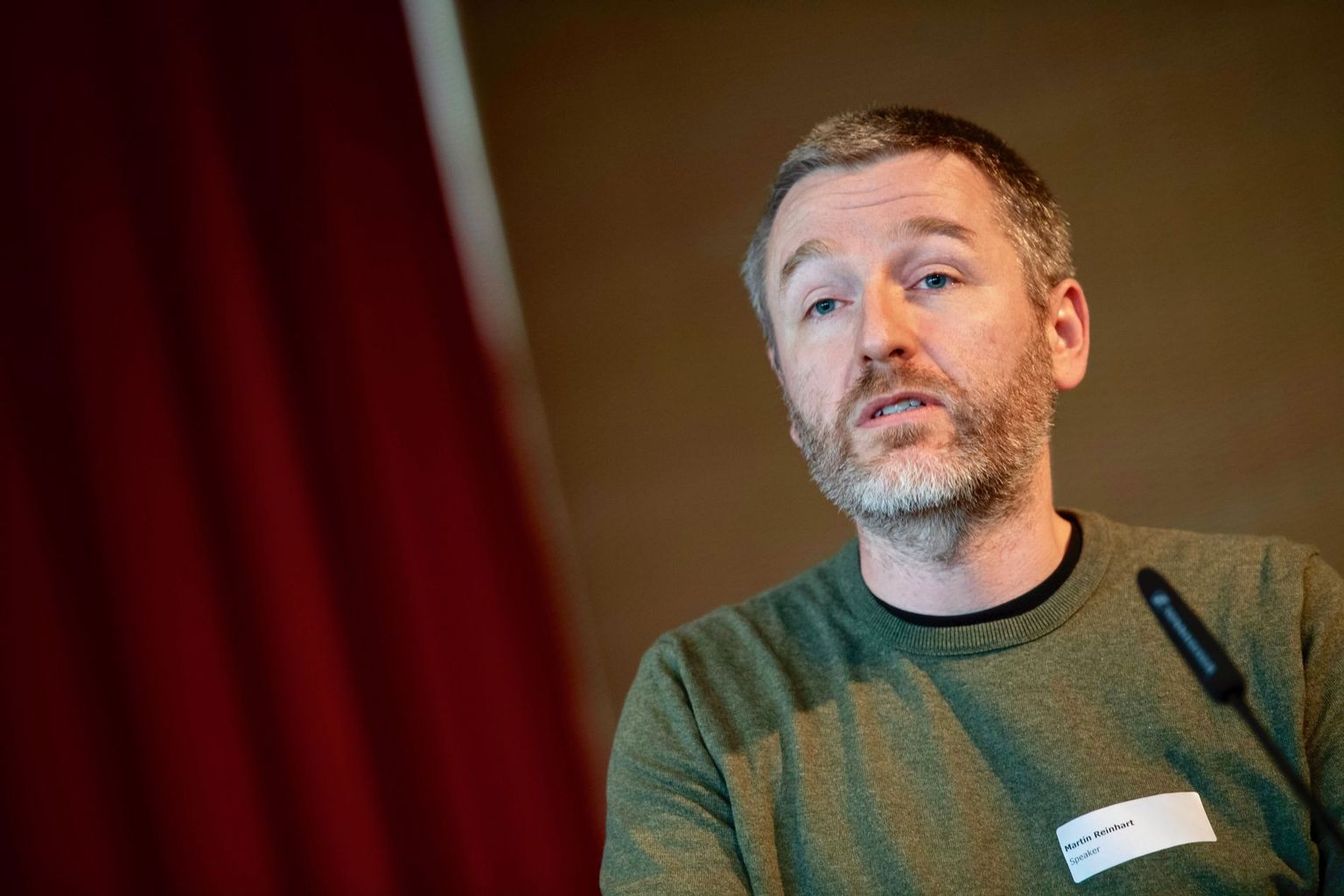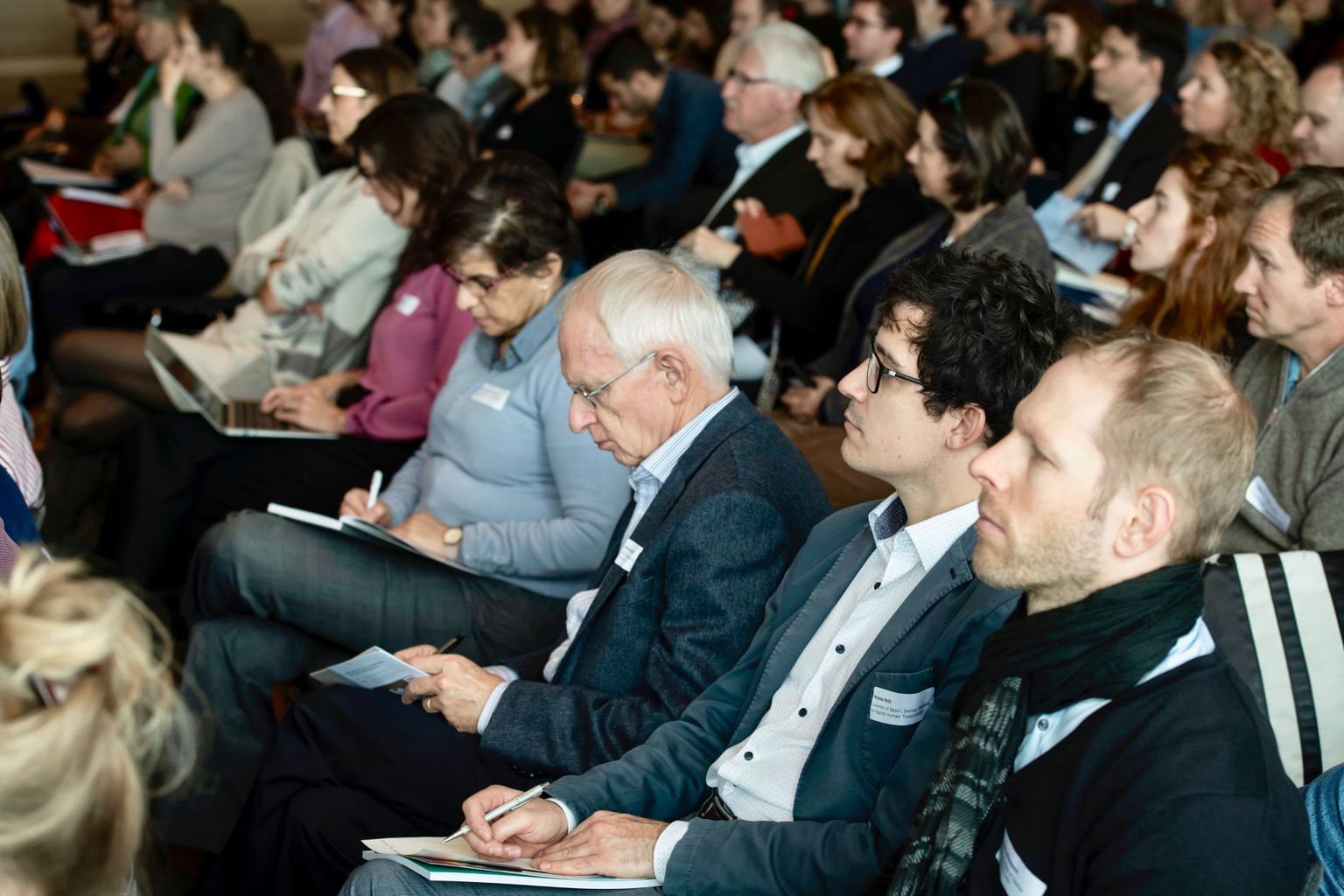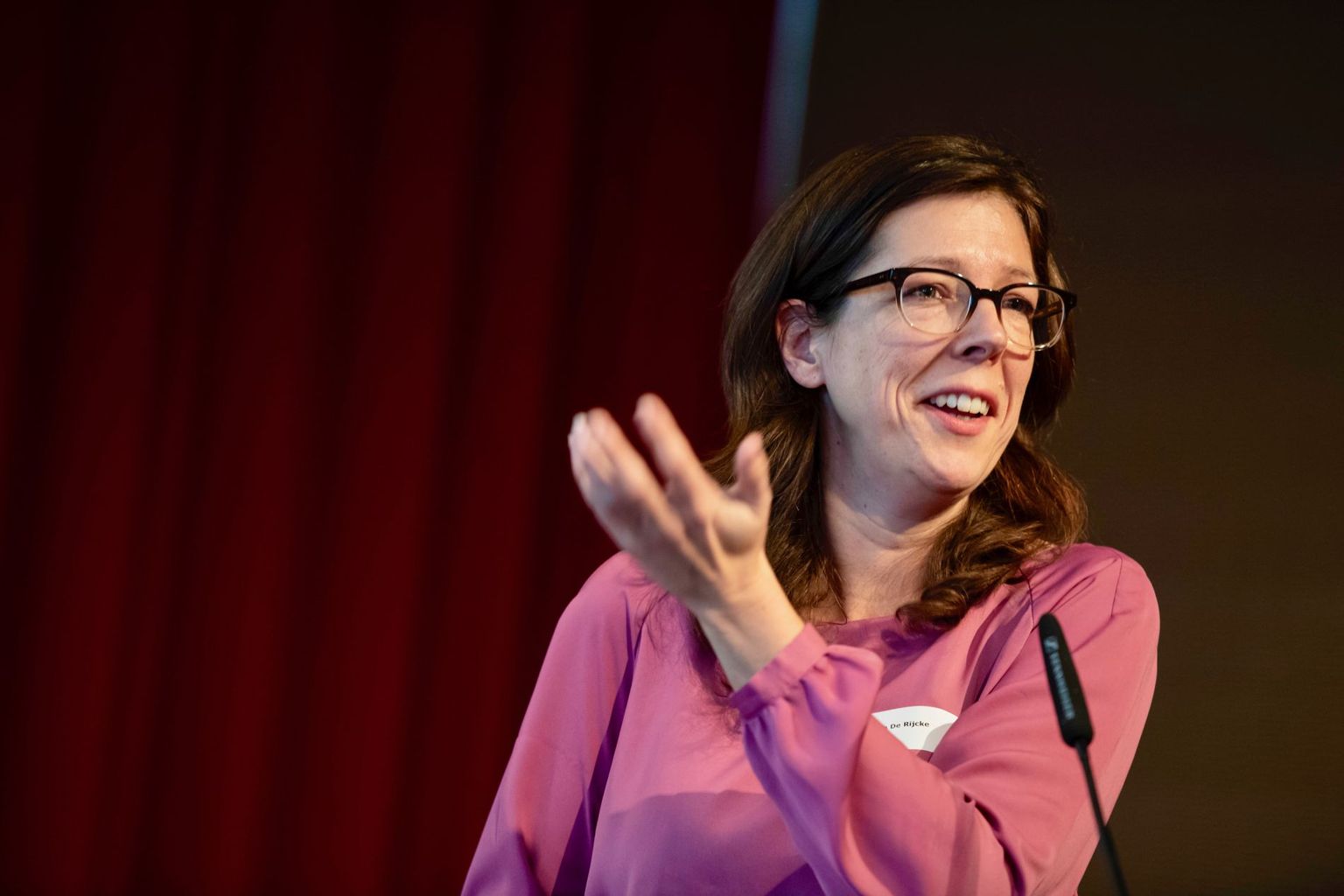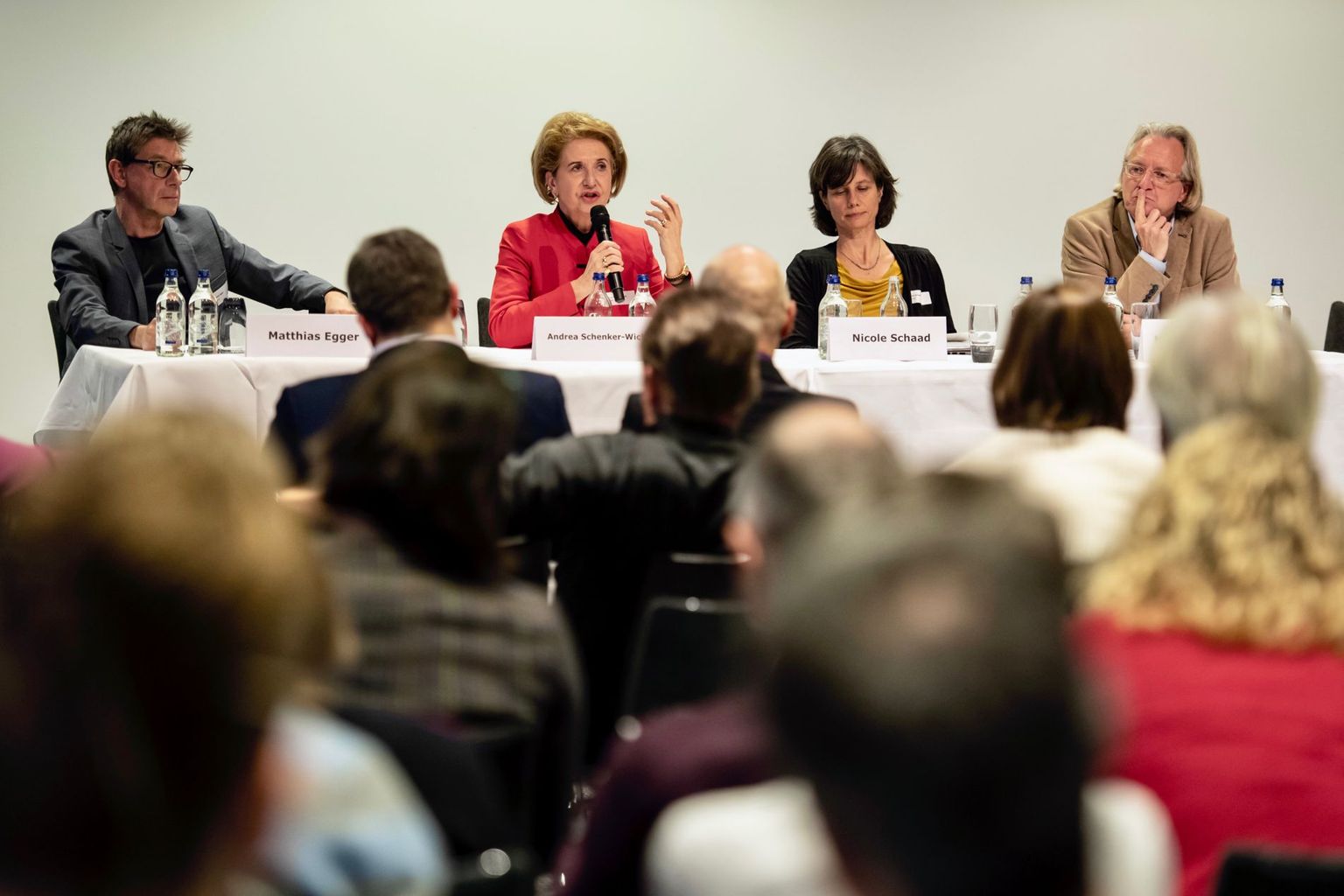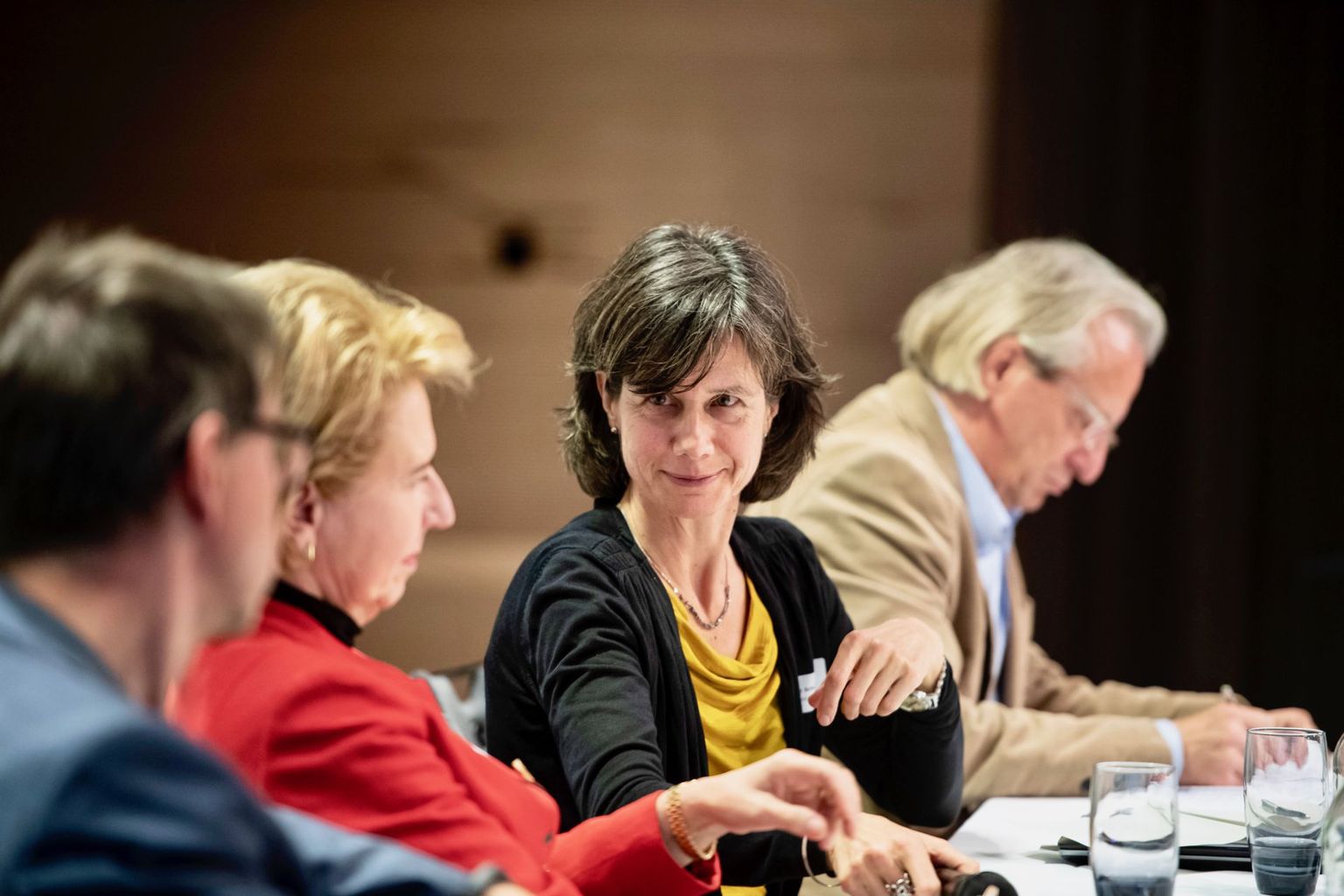«Beyond impact factor, h-Index and university rankings»

The last few decades saw an unprecedented growth in the number of scientists and scientific institutions competing for limited resources in terms of employment opportunities and research funding. The ambition to allocate the available means to the best scientists and science favoured the establishment of quantitative metrics to assess the scientific merit of the sheer volume of research output. Impact and citation factors related to journals and publications as well as rankings of institutions are the best-known such tools.
Inadvertently, however, these measurements potentially undermine the quality in science because they incite violations of globally accepted research integrity principles with adverse effects: scientific progress is hampered, the value of science to society and policy-making as trusted and authoritative source is jeopardised, and public research funding is not used effectively.
The international conference held on 21 November 2018 in Bern highlighted the limitations of current metrics in capturing scientific quality, introduced elements of alternative assessment approaches, and considered whether steps are necessary to maintain the high quality of the Swiss science landscape long-term.
Impressions
Kontakt
Akademie der Naturwissenschaften Schweiz (SCNAT)
Haus der Akademien
Postfach
3001 Bern
Conference report
Beyond impact factor, h-index and university rankings
Press coverage
Publish or perish – how scientists are redefining success (swissinfo)
Presentations
Antonio Loprieno: Welcome and introduction
Ellen Hazelkorn: The geopolitics of knowledge and the accountability agenda
Stephen Curry: What’s wrong with current metrics?
Martin Reinhart: Evaluation and funding of research in Switzerland
Stephanie Meirmans: Follow the money
Michael Ochsner: What about next-generation assessments?
James Wilsdon: Next generation assessments
Sarah de Rijcke: Toward responsible assessment of science and scholarship
Programme
Programme "Beyond impact factor"


